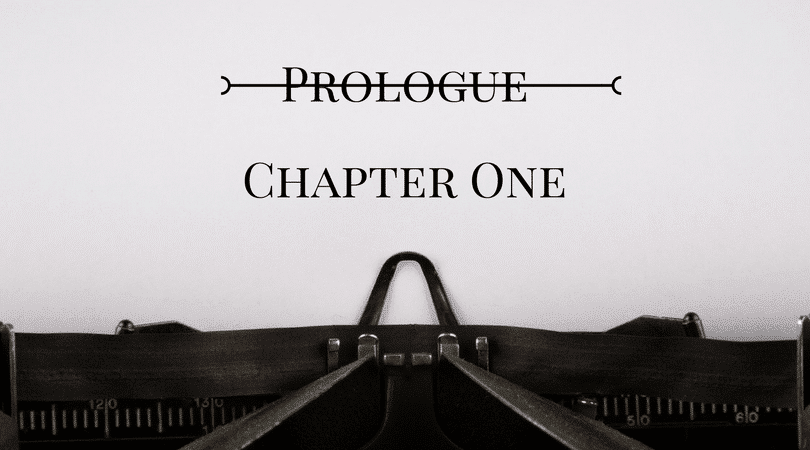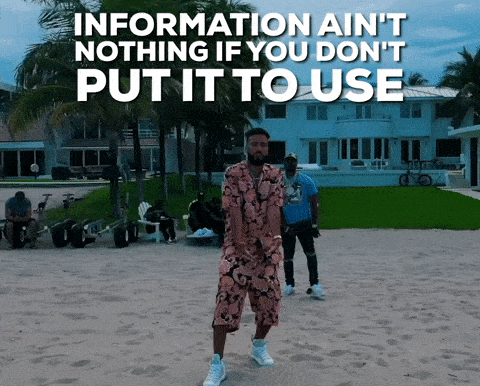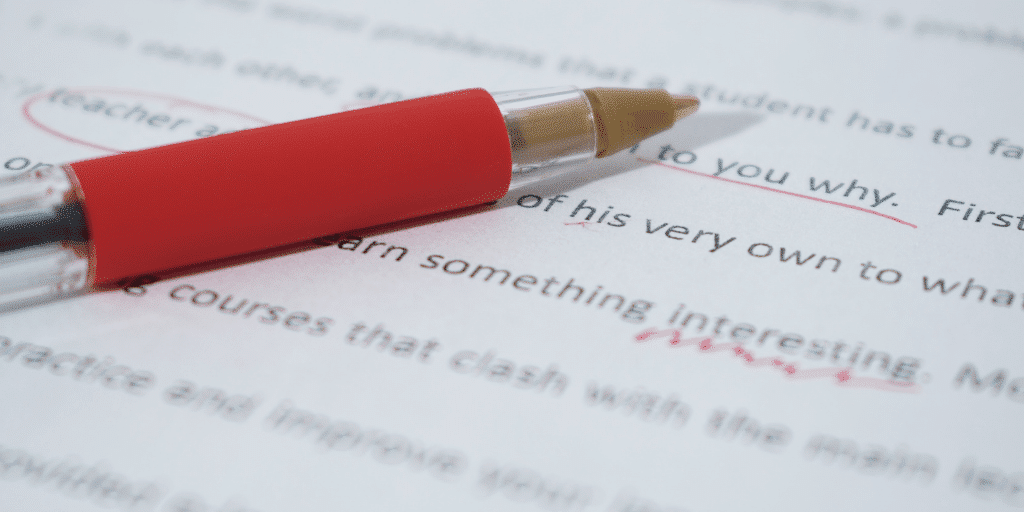We know how much of a slog the editing process can be, so we asked the lovely peeps at The Literary Consultancy for their best tips on fine-tuning a manuscript and received this brilliant blog full of advice from Joe Sedgwick. Read, learn, enjoy, and go forth and make your MS as good as it can be…
I recently figured out that I’ve worked on over 2,000 manuscript assessment reports for writers that we’ve worked with at The Literary Consultancy. I must have picked up something, right…? I’ve been lucky enough to have incredible access to some of the best editorial advice available from our 90 professional readers, and I thought it might be interesting to tease out 5 of the most common issues that crop up in these feedback reports.
This is by no means an extensive list, but these are issues we see come up a lot. At TLC we cover fiction, non-fiction, poetry, short stories and scripts, but the following are most relevant for fiction writers.
Question the necessity of your prologue (or even your beginning)
Let’s begin at the beginning. Or perhaps, a better thing to do would be to ask you to look at your beginning. It’s no secret that openings to books are absolutely crucial for a multitude of reasons. From an ‘industry’ perspective, they’re key for telling an agent or a publisher what kind of writer you are, and whether it’s worth reading on. As readers, we want to be hooked from the start – even books that are ‘slow-burns’ will have something to keep you flicking through the first few pages. It’s always tempting to start with a prologue to ease your reader in, but I think sometimes prologues are used purely as a device, rather than something that serves the story you’re trying to tell. Elmore Leonard famously said to ‘Avoid Prologues’ and while in some cases, prologues can be really impactful (so I’m not sure I’d be as hardline), I do think it can be a really good idea to question what function your prologue serves. Would you be better just getting into the meat and potatoes of the story? What does the Prologue actually tell your reader about what’s to come? If you’re being honest with yourself, how much of the beginning of the book is ‘authorial throat clearing’ that might have been useful for you when beginning to write, but won’t be interesting to a reader. If the content in the beginning can be integrated through the body of the text in a subtle and effective way, it might be best to chop it.

Show, Don’t Tell
Now, before I hear groans of ‘prescriptivism’ from the back of the class about this being a harsh and unrealistic rule of writing, I want to stress that what I’m not going to do here is to say never, ever tell the writer something that you can beautifully describe with action. Sometimes, it makes more sense to tell the reader; not everything has to be described. You can make time pass effectively, give useful background info, and experiment with your prose style by telling instead of showing (I always remember We Are All Completely Beside Ourselves by Karen Joy Fowler ‘telling’ brilliantly).
Having said this, the reason it comes up so much as a bête noire, is because so many writers miss opportunities to put the reader in the centre of the action, by telling us something that we want to see or feel for ourselves. I’d just ask you to interrogate the presence of any telling where possible, and always be asking if you’re telling the reader something that you could otherwise be showing them. To the credit of our TLC Readers, they always acknowledge that this has become a bit of a creative writing cliché – but nonetheless, it pops up a lot.

Info-Dumping (Exposition)
This is kind of similar to ‘Show Don’t Tell’ so I won’t dwell on this one for too long, but they often come up in slightly different contexts. Whereas the previous issue tends to be more about missing the opportunity to put us in the thick of things – this is more about an inelegance of imparting information to the reader. For example, having a character clumsily refer to their wife as ‘my wife Joan’ in the opening stretch of dialogue – or going off on a tangent about the history of wallpaper.
This is something that tends to feature a lot in historical fiction, mainly because there’s always a wealth of research that is tempting to shoehorn into the narrative. But this does not always make for a gripping story (in fact, in all honesty, it rarely does…). Be careful not to throw the baby out with the bathwater, there might be vital information to leave in – but again, it’s about putting in what’s actually important, and making sure the writing earns its place. A book is not just an opportunity to show off what you know, it’s about showing off in a way which is digestible and engaging, and it’s also about the power of suggestion.

Saggy Middles
This one is a little harder to quantify, as arguably it’s something that is a little more subjective, and not exactly a ‘rule’ of writing. But it is a structural issue that comes up a lot. The opening of a novel can be the greatest ever, but lose momentum 100 pages in, and you’re going to lose your reader. It’s usually not because a writer has run out of things to say, but more often because they’ve run out of ways to say it. It’s typically a structural issue, and it is often fixable with some more rigorous plotting and structuring. One of the structures we often suggest to writers dealing with larger overall structural changes is Freytag’s Pyramid.

Writer’s HQ also have a helpful piece on 3 Act Structures here (often it’s that second Act where things can go awry) – and TLC also has a handy Mini Guide on ‘Structure’ here. If you’re finding that people that read your work are saying that they lose interest somewhere in the middle, look again at the overall structure, and see where you might energise things. Index cards are also useful for laying out the overall structure – there’s a nice blog on the TLC website about using these here.
Head-Hopping (changing POV)
This is probably the quickest way to pull a reader out of a moment, or a scene. When the Point of View (or POV) changes mid scene, or paragraph – it’s easy to be confused or distracted, as a reader. It’s perfectly fine to do this in places across the course of a book – i.e. to have a different voice or perspective from one character to the next. But when your reader is following one character’s thoughts or perspectives, and then we suddenly hop across the room to someone else within the same scene and then – god forbid – back again, she’s going to be confused. So as a general rule, try and make sure you’re keeping those viewpoints consistent. It’s worth a sweep through the entire MS to check for these, as it’s easy to slip in and out of this problem, especially if you have multiple characters. There are more heads to hop between! There’s also an entire online literature about Psychic Distance (we recommend starting with this by Emma Darwin) which can help you understand how far into a character’s head to be at any given moment.
Every book is different, but I hope that some of this has resonated, and if you’re ever in need of some professional feedback from a Reader matched to your writing, you know where we are!
Happy writing, everyone.
WHAT NEXT?
Read this: 5 Steps to Magically Whipping a Shitty First Draft into Shape
Do this: Plotstormers II: The Editing Strikes Back
Be awesome.
Yes.
Good.





